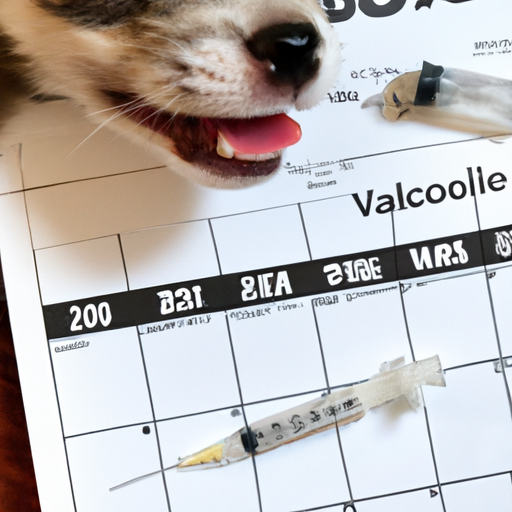“`markdown
Rabies Vaccine in Dogs: A Crucial Guide for Caregivers
As a caregiver, you shoulder an enormous responsibility. You’re not merely looking after a pet; you’re caring for a member of your family. One critical segment of this care is ensuring they have their rabies vaccine. But how often should dogs get vaccinated? Let’s dive in.
What is Rabies?
Rabies is a deadly virus that affects the nervous system of almost all mammals, including our dear canine friends. It’s primarily spread through bites from infected animals. The virus can cause drastic changes in behavior, from aggression to paralysis, and is fatal if untreated.
Why is the Rabies Vaccine Important?
Rabies is not just dangerous to dogs; it is a zoonotic disease, meaning it can be transmitted from animals to humans. Therefore, vaccinating your dog is not just about their health, but also about protecting yourself and your family.
- Public Health: Rabies causes thousands of deaths worldwide every year, particularly in regions with high stray dog populations.
- Legal Requirement: In many places, law mandates the rabies vaccination for dogs.
- Peace of Mind: Vaccinated dogs that come into contact with a rabid animal have a far lower risk of becoming infected.
Frequency of Rabies Vaccination in Dogs
| Vaccine Type | Initial Puppy Vaccination | Booster Shots |
|---|---|---|
| 1-year vaccine | 3-6 months of age | Every year |
| 3-year vaccine | After the 1-year vaccine | Every three years |
Remember, the frequency can vary depending on local regulations and the dog’s health status. Always consult with your vet.
Symptoms of Rabies in Dogs
Recognizing the symptoms of rabies can help you act quickly. Here are some signs you should watch for:
- Changes in behavior, such as aggression or unusual shyness
- Fever
- Excessive drooling or foaming at the mouth
- Difficulty swallowing
- Paralysis
If you observe these symptoms and suspect rabies, contact a veterinarian immediately.
FAQs on Rabies Vaccination in Dogs
Q1: Are there side effects to the rabies vaccine?
A1: Side effects are rare but can include fever, sluggishness, and loss of appetite.
Q2: Can my dog get rabies even after being vaccinated?
A2: While extremely rare, it is technically possible. Regular boosters are critical.
Q3: What should I do if my dog bites someone?
A3: Seek immediate medical help for the person bit. It’s also essential to contact your vet and, if required, local authorities.
Q4: Is there a treatment for rabies?
A4: There’s no known cure once symptoms appear. Preventive vaccination is paramount.
Remember, as a caregiver, your role is pivotal in keeping your furry friend healthy. Regular rabies vaccination is a small but vital part of this duty. Let’s keep our dogs, families, and communities safe.
“`



